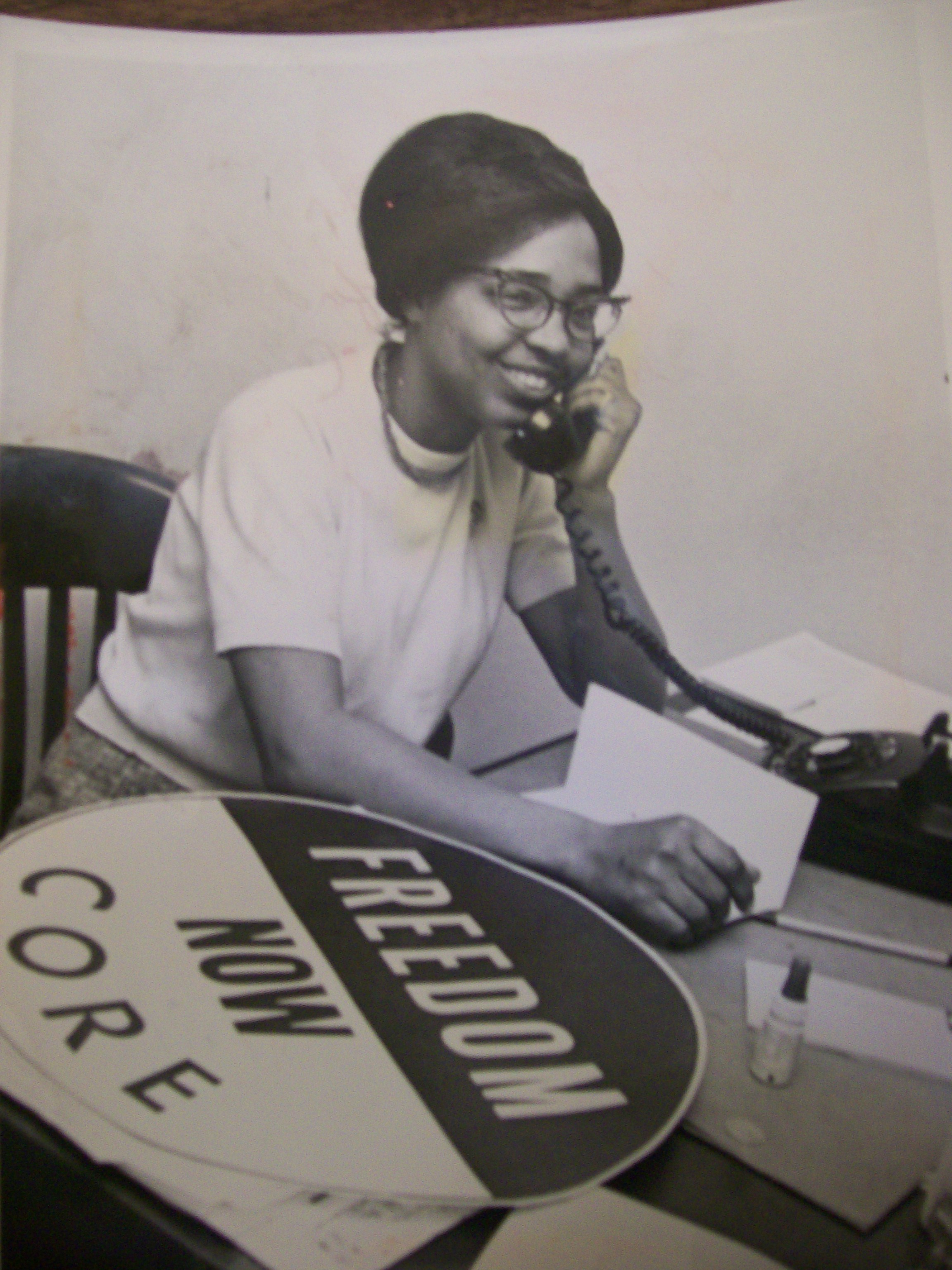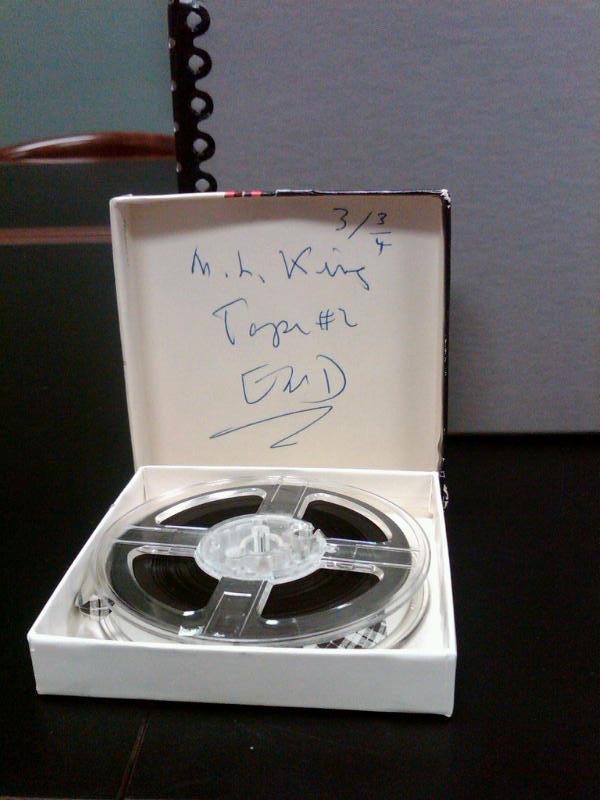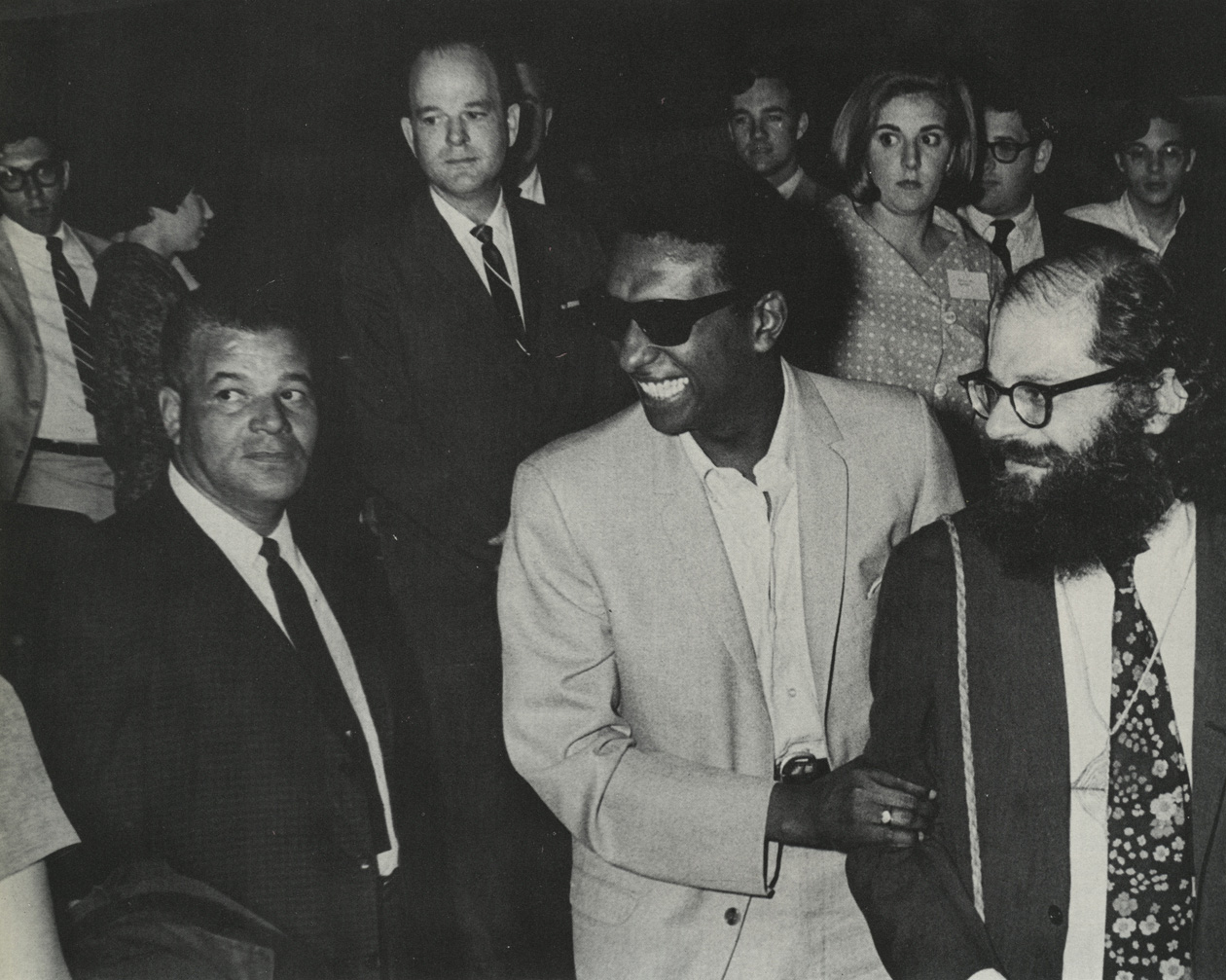Who Speaks for the Negro? Digital Archive
Abstract
In 1965, Random House published Robert Penn Warren’s Who Speaks for the Negro? In preparation for writing the book, Warren traveled the U.S. in 1964 and audiotaped his interviews with nationally-known figures centrally involved in the U.S. Civil Rights Movement as well as with people working in the trenches of the movement whose names might otherwise be lost to history. This digital archive contains digitized versions of the original recordings, as well as copies of print materials related to his research.In 1965, Random House published Robert Penn Warren’s book titled Who Speaks for the Negro? In preparation for writing the volume, Warren traveled throughout the United States in early 1964, and spoke with men and women who were involved in the US civil rights movement. He interviewed nationally known figures, as well as people working in the trenches of the movement. In each case, he recorded their conversations on a reel-to-reel tape recorder. The published volume contains sections of transcripts from these conversations, as well as Warren’s reflections on the individuals he interviewed and his thoughts on the state of the US civil rights movement. The Who Speaks for the Negro? Archive contains digitized versions of the original recordings, as well as copies of the correspondence, transcripts, and other print materials related to his research for the provocatively titled book.

Some might ask why Robert Penn Warren, a professor of English at Yale University, decided to take on this project. Warren had several reasons for writing this book. In 1930, I’ll Take My Stand was published by writers who were part of the Fugitive and Agrarian movement at Vanderbilt. The volume, seen in many ways as a defense of the “Old South,” included an essay by Warren on race titled “The Briar Patch.” In it, he argued for separate but equal education for blacks and whites. Although at the time this was a somewhat progressive position, Warren later in life regretted having written the essay, with its racist and separatist overtones. “I never read the essay after it was published,” he wrote in the first few pages of Who Speaks for the Negro?, “and the reason was, I presume, that reading it would, I dimly sensed, make me uncomfortable. In fact, while writing it, I had experienced some vague discomfort….” In the foreword to Who Speaks for the Negro? Warren notes, “I have written this book because I wanted to find out something, first hand, about the people, some of them anyway, who are making the Negro Revolution what it is—one of the dramatic events of the American story.”


Who Speaks for the Negro? was a groundbreaking volume in 1965; the book and its related materials remain a valuable resource for studying the history of race and of the civil rights movement in the United States. Warren had hoped that his book would allow readers the opportunity to “see, hear, and feel as immediately as possible what I saw, heard, and felt.” The digital archive allows users an even greater opportunity to share in Warren’s experiences with the extraordinary men and women he interviewed during this turbulent time in United States history.

